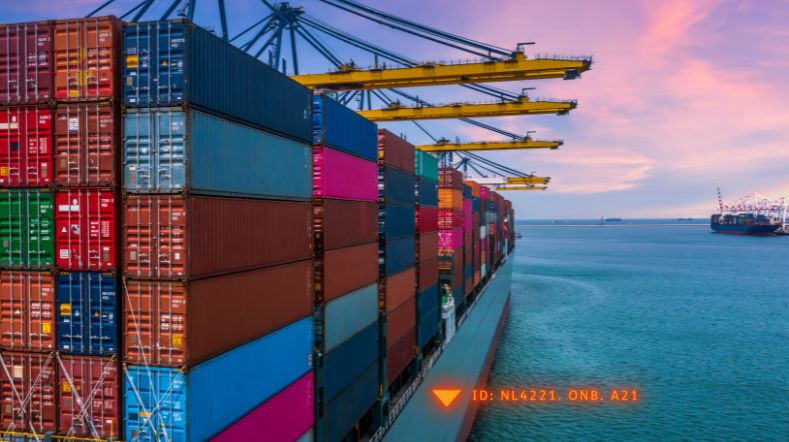
EverLoNG: ship-based carbon capture
In cooperation with
Blue Maritime Cluster, Anthony Veder, Bureau Veritas, Bouman, Conoship, Loas Alamos, TotalEnergies, TNO, VDL, MAN Energy Solutions
International shipping accounts for around 3% of global CO2 emissions. The maritime sector has pledged to reach net zero emissions by 2050. Different low-carbon technologies are being explored, including ship-based carbon capture (SBCC), which could provide a low-cost solution next to other zero-emission solutions, such as application of ammonia and hydrogen.
Innovation at sea: how ship-based carbon capture (SBCC) technology is changing shipping
The EverLoNG project aims to encourage the uptake of SBCC by demonstrating its use on board LNG-fuelled ships and moving it closer to market readiness. The research will optimise the technology and consider how best to integrate it into existing ship and port infrastructure.
Our interlinking studies will support the development of full-chain carbon capture, utilisation and storage (CCUS) networks – connecting SBCC with CO2 transport links, geological CO2 storage and markets for CO2 use. They will include Life Cycle Assessment (LCA) and Techno-Economic Analysis (TEA).
We are also contributing to the development of regulatory frameworks for the safe and effective use of SBCC technology in the shipping sector. In September 2023, a Ship-Based Carbon Capture prototype developed by project partners in the Netherlands was installed on board the SEAPEAK ARWA, an LNG-powered carrier chartered by TotalEnergies.
EverLoNG project consortium
The EverLoNG project consortium features 16 project partners from five countries – Germany, the Netherlands, Norway, the UK and the USA. The project is co-funded by the ERA-NET Accelerating CCS Technologies (ACT3) initiative, which supports the delivery of safe and cost-effective carbon capture, utilisation and storage. The governments of each participating country have contributed funding through the ACT3 initiative.
Get inspired
The transition to sustainable shipping


Five steps towards sustainable shipping by 2050


